Texas’ Oldest Radio Station: WRR-FM
Here in Dallas, we are known for many things – the State Fair, JFK’s assassination, that globe looking building called the Reunion Tower, just to name a few. But did you know that D-Town is also home to the oldest radio station in the state? WRR, occupying 101.1 on the FM dial is not only the first commercial radio station to begin transmitting in Texas, but also one of the first in the United States! Tuesday, I took a tour of their studio to gain insight into this unique piece of history.

Located in Fair Park, the site of the Texas State Fair, WRR has been in operation since 1920. It didn’t start off playing music though. The City of Dallas originally instituted this station as a means to communicate with firefighters. It all started after a massive blaze in 1912 knocked out communication lines, which inhibited dispatchers from notifying fire crews about a second blaze. Wanting to prevent another lapse in public safety communications, a 50-watt station was set up, with the callsign being WRR. By 1921, this station started to offer regular programming, and it all took off from there. WRR’s studios were located in several different places around town before relocating to its current building in 1973. Today, the station is still owned by the City of Dallas and plays classical music.


Upon arriving, I met up with my tour guide, George Landis, who is the general manager of the station. Our first stop was the equipment room, where their encoders, receivers, and other gear were kept, mounted neatly on racks. Although the station has a dated history, it’s equipment looked to be modern, with features like HD Radio and other 21st-century technologies in use. It was here that George mentioned something pretty cool – WRR transmits at a whopping 100,000 watts, which is the maximum allowed by the FCC. The antenna for the station isn’t here – rather it is in Cedar Hill, which is where many radio and TV transmitters are located due to the area’s high elevation.

From there, we went into the main studio, where the on-air talent resides and all the sound and content are controlled.
Morning show host Barry Samsula was in, and I had a nice chat with him about how all the different things in this room work to provide the listeners with a seamless listening experience. One of the things Barry showed me was a program script, which he uses to know when to speak, what songs will be played and when, and other pertinent information. So the next time you are listening to Breakfast with Barry, you’ll know how he keeps his speaking parts on schedule!

Barry explained that pretty much all the albums and tracks are now digitalized, a welcome departure from the days of records and CDs. His computer has the ability to pull up any song in the library, and he can even search by track length to find the perfect one for the segment at hand.
Speaking of CDs, the music library was where George took me next.

This small room contained rows and rows of nothing but CDs of classical music. From Beethoven to Gasparo Alberti, chances are it can be found here. And what if the track they want to play isn’t in this library and they need to head to Barnes and Noble to buy it? No problem, as the many blanket copyright licenses WRR holds allows them to play most albums legally.


When the holiday season rolls around, there is no better thing than some Christmas music on the radio, right? (I know, that can be either a true or sarcastic statement). Regardless, WRR is ready with a special section in here dedicated to Christmas music! Before this visit, I wasn’t even aware they played Christmas music during the holiday season – something I’ll have to tune in to at that time.

Beyond the music library, we also walked around the rest of the station, which is made up of backup studios, producer workspaces, and admin offices upstairs. Although the building looks small on the outside(and it is), WRR seems to make good use of their space. This being the first radio station I’ve toured, I was quite impressed.


Finishing up my visit, I have to say this was a pretty cool experience, especially considering I have been listening to WRR on and off since I was a little kid! Seeing how all the different people and pieces of equipment come together to provide North Texas with classical music made me appreciate this piece of Dallas history even more.
Special thanks to the folks at WRR for making this post possible!



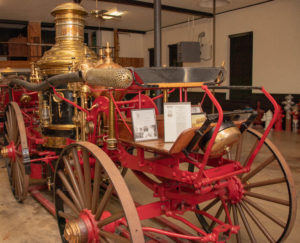
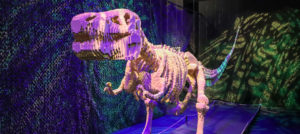
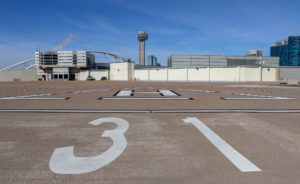
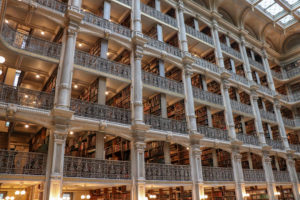
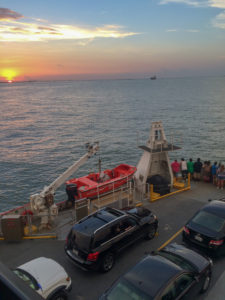
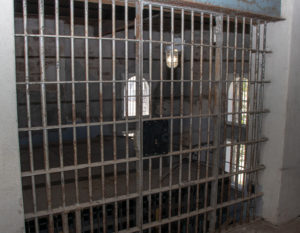
Wish Barry Samsula would come back to WRR. He was so entertaining and his musical pieces were varied. The current WRR station appears to play what sounds like one LP after another and is good to sound lullabies– almost boring to a point. I used to have WRR on all day at home and at work. Now a days, its just occasional. Miss Barry!